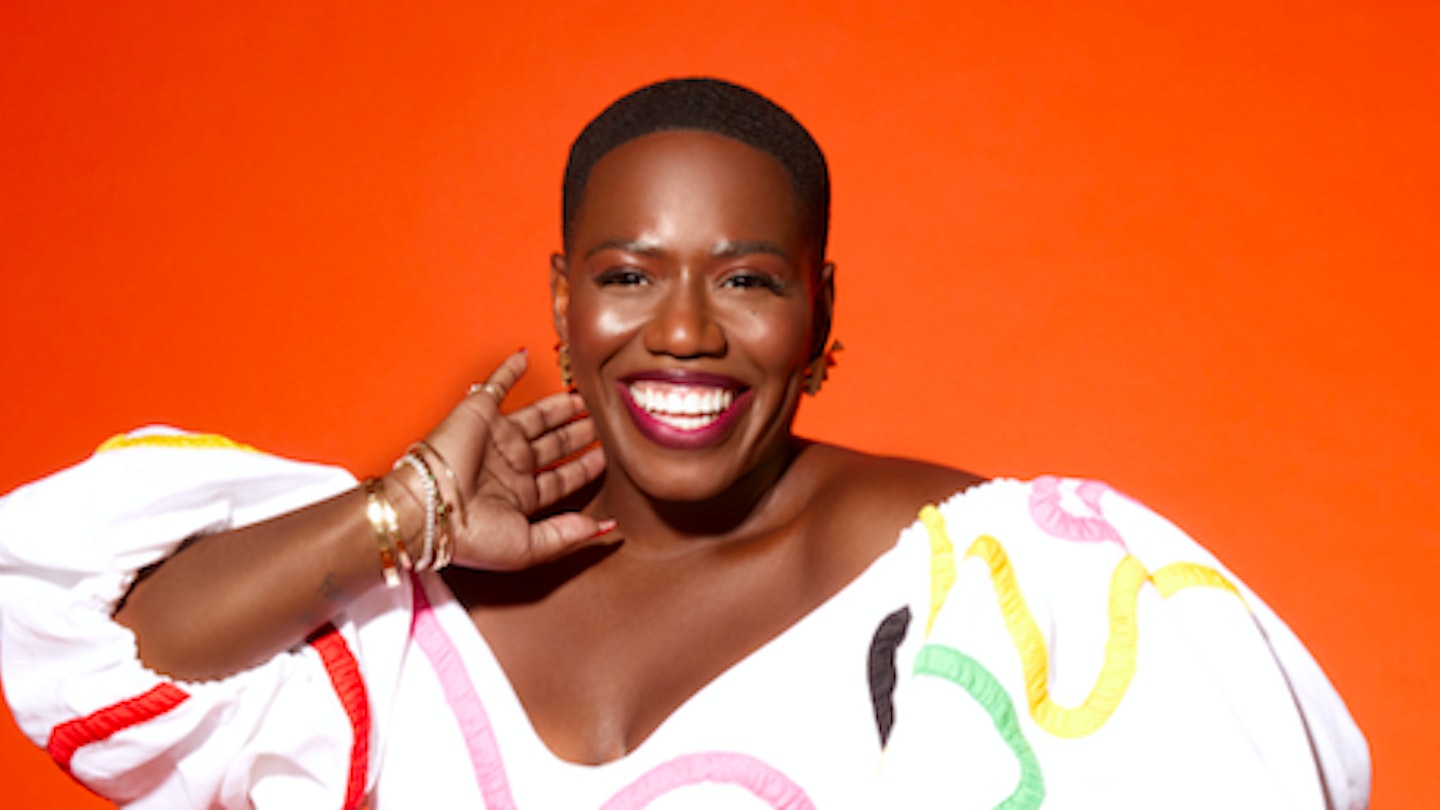This summer was hard. Not just because the weather meant that my three kids (15, 9 and 5 respectively) were stuck inside, but because the true battle was with their devices, more specifically online safety.
Now before the perfect parents get their draws in a bundle, I need to be clear that I’m not that, perfect that is. As someone who has the privilege to work from home, I learned pretty early on that the trade-off meant that some days there would be more screen time than we would all like and that fact doesn’t keep me awake at night as I truly believe I’m doing my best at any given time.
Whilst we are quite stringent with the five and nine-year-olds' screen time, there is far more tension that comes along with telling a fifteen-year-old it’s time to hop off your phone. There is also the added layer of having to respect my position as a stepparent. Trying to ensure that our eldest is safe online whilst also acknowledging that I’m not her mother has been quite the balancing act.
Even though I work online and believe that both myself and husband have vast online safety knowledge, there were multiple times this season we found that all the kids were able to find ways to circumvent the barriers we had put in place. Which in retrospect luckily led to us finding out that one of them had been talking to strangers - it turned our world upside down.
Arrogantly, my first thought was ‘How could this happen in our house? To one of our kids?’
Not only were we on top of the staying safe online conversations, but all of their schools were also on top of it too.
‘Yep, Mr Hooper tells us all the time in ICT that you should never speak to strangers online and you should never tell them personal information!’ confirmed our five-year-old after another long afternoon of interrogation.
It was hard to not only blame ourselves but also the child. They knew better, we had open and honest conversations all the time. Luckily my therapist quickly rectified my incorrect pattern of thinking.
‘You have to remember that these people, these adults, make talking to children, a full-time job. Whilst you’ve done your best to remind your children of the dangers, being taken advantage of is not their fault. Something has happened to them. Whilst a mistake has been made, they aren’t to blame.’
As the weeks have gone on, to my friends I’ve become a technological super nanny - constantly asking them to check up on their kids' and teens' devices and even sharing recommendations in regard to which devices have the best safety features. Because whether we like it or not, being online is now a part of life that very few of us can escape.
As scary as it can be to watch our teens navigate a space that we haven’t had our entire lifetimes, it’s now part of not only their social space but one day their working space too. It would be unfair to be a barrier to the advantage that comes along with learning to safely navigate these spaces at an appropriate age.
Recently I sat down with Dr Nihara Krause MBE a clinical psychologist who taught me about the five Cs I could use when speaking to my children about online safety.
-
CONTENT - What are you posting and reading?
-
CONTACTS - Who are you talking to?
-
CONDUCT - How are you and your contacts behaving online?
-
CONTRACTS - are they entering into any contracts that they shouldn’t?
-
CONTEXT - Are they sure of the context behind what they are posting and engaging with?
‘Whilst we as adults see our real lives and our online lives as quite separate, unfortunately young people don’t. So, we have to ensure that we are providing a safe space in which they can express any concerns. You need to permit openness rather than restriction, Dr Krause warned.
Having spoken to other parents, it’s clear that it’s not just my household feeling the pressure of yet another space we must teach our young people to navigate safely. Luckily a platform like Snapchat is making it a little easier with tools like the family centre. In there I can see who my teen communicates with the most. Granted I can’t see the content of the conversation - which I don’t mind as it means my teen feels as though they have a sense of agency and privacy. What it does do is leave the door ajar so that I’m able to approach the conversation of online safety in a way that will make them feel most comfortable.
And so, whilst it’s been a trying summer, it was a needed one. As much as, yes, there is a scary side to being online, it can be overwhelmingly positive too. I have made wonderful friends and connections online that have only improved my real life for the better and I wouldn’t want my children to miss out on that. Like Dr Krause said, 'We need to teach them how to be good digital citizens' and I couldn’t agree more.
